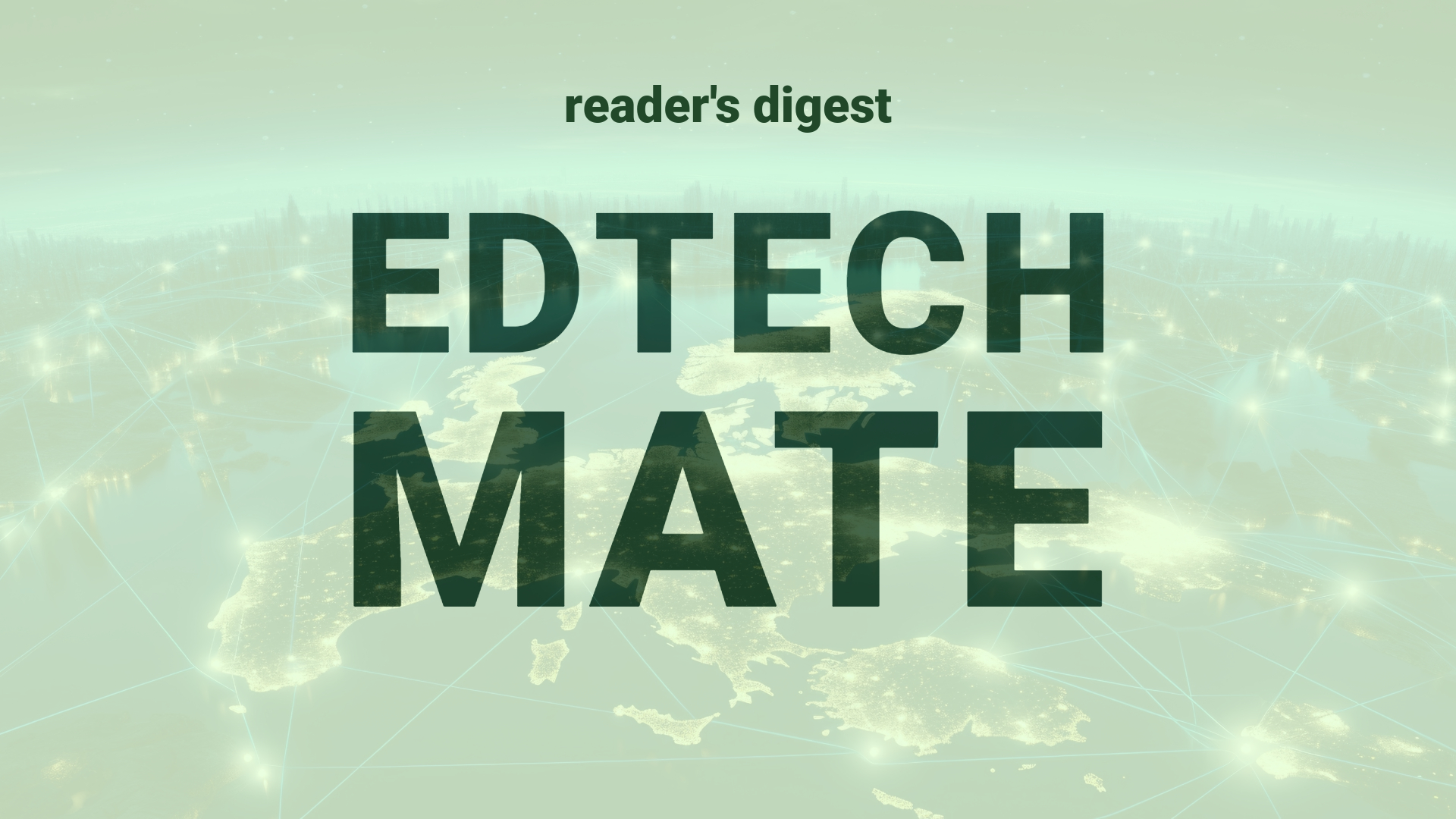Executive Summary and Main Points
The latest news from Salesforce, a leading cloud software vendor, has unveiled significant trends in the techno-corporate domain, primarily focusing on digital transformation within the realm of Artificial Intelligence (AI). Despite reporting weaker-than-expected revenue and a concerning decline in shares by up to 17%, Salesforce exhibits robust strategic moves by enhancing their AI offerings, including Einstein Copilot for CRM and introducing AI features to Slack users. Their financial report underscores adaptations to market challenges, such as budget scrutiny and shifting sales dynamics, all of which have broader implications for the international education sector.
Potential Impact in the Education Sector
With the advent of Salesforce’s AI enhancements, the potential impact on Further Education and Higher Education is multifaceted. The integration of AI tools like Einstein Copilot can offer personalized learning experiences and efficient administrative management. Higher Education institutions could benefit from more sophisticated CRM systems to enhance student engagement and alumni relations. Additionally, the expansion of AI capabilities into communication platforms such as Slack suggests opportunities for improving collaboration and productivity within academic communities. The strategic importance of digitalization and partnerships with ed-tech vendors like Salesforce could enhance institutional agility and innovation for global education providers.
Potential Applicability in the Education Sector
The AI and digital tools pioneered by Salesforce have extensive applicability in global higher education systems. Conversational AI can be leveraged for student services, providing real-time support and personalized interactions. Daily recaps and conversation summaries via AI could prove invaluable for asynchronous learning environments and managing group projects. Furthermore, such tools can aid in the curation and delivery of micro-credentials, facilitating a tailored and responsive educational journey for lifelong learners in diverse cultural contexts.
Criticism and Potential Shortfalls
Despite promising developments, there are criticisms and potential shortfalls to consider. The cultural and ethical implications of implementing AI systems in education are complex, with risks of data privacy breaches, bias in decision-making algorithms, and the dehumanization of the educational experience. Additionally, comparative international case studies reveal discrepancies in AI adoption rates and digital literacy, suggesting a potential digital divide that could exacerbate educational inequalities. Moreover, Salesforce’s recent performance issues and market reaction raise questions about corporate stability and the reliability of long-term strategic ed-tech partnerships.
Actionable Recommendations
To harness the technological innovations of companies like Salesforce in international higher education, it is recommended that education leaders:
- Conduct thorough assessments of institutional needs and readiness for AI integration.
- Engage in strategic collaborations with ed-tech firms, with clear goals for enhancing student learning outcomes and operational efficiency.
- Invest in professional development for educators and administrative staff to maximize the benefits of digital tools.
- Develop robust ethical frameworks and data governance policies to safeguard against bias and privacy concerns.
- Consider equity and access in the roll-out of AI technologies, ensuring inclusivity and the bridging of digital divides.
Implementing these strategies can ensure that the education sector remains at the forefront of digital transformation and delivers on the promise of technology-enhanced learning experiences.
Source article: https://www.cnbc.com/2024/05/29/salesforce-crm-q1-earnings-report-2025.html

